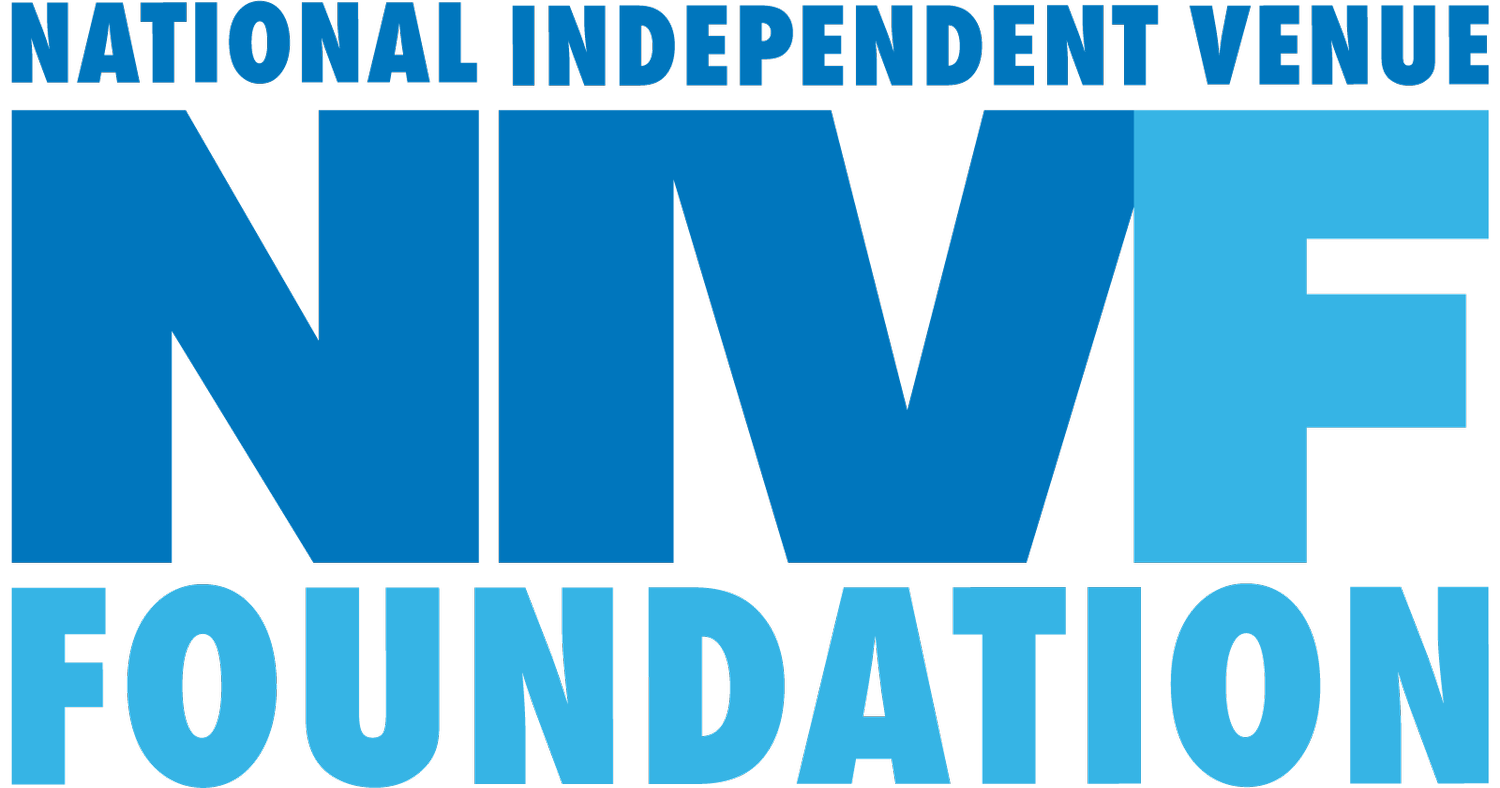Accessible and Inclusive events
A discussion between disabled music professionals on easy and affordable ways venues can eliminate common access barriers for talent, teams, and audiences alike! ASL access and captions are provided for this event.
Instructed By: The Team at RAMPD: Elizabeth McLain, PhD (she/her), Rev. Chris Wylie (DJ Pastor Rock) (he/they), Precious Perez (she/her)
ADDITIONAL RESOURCES
What are some local disabled-run organizations or disability community leaders we can partner with to make our venue and events more accessible?
This is about learning from the disability community, who often makes access happen on a budget and with little logistical support. I'd also emphasize that there is a big difference between nondisabled-led disability orgs and disabled-led ones. There is also a big difference between disabled folks who are in community with other disabled people and those who aren't. Each disabled person can speak for themselves, but those of us in community often know things about obstacles other disabled folks encounter and the brilliant solutions other disabled folks come up with!
What are some ways we can be more welcoming to our disabled patrons and performers?
Some Possible Answers:
1. Having an accessibility coordinator
2. Having staff help with simple things like opening doors, assist with seating, setup, etc.
3. Ask disabled patrons and performers what would be helpful during their time at your venue.
4. Barriers are broken down by relationships. Develop relationships with disabled people both during events and in your community.
5. Reach out to RAMPD Pro Members in your area. Create opportunities for disabled performers.
How could asking for inclusion riders, and including some resources on disability culture as part of staff training help us attract and support a more diverse pool of artists and patrons?"
There is something here that goes beyond how we typically understand disability and doesn't require disability disclosure but offers inclusion from first outreach-- that's a beautiful thing! Remember, accessibility is not just about accommodations but is also about inclusion and belonging. Being aware of the individual stories and experiences and embracing them really bridges that gap and builds relationships.
Summary of Wisdom for Accessible Digital Tools from Precious Perez // President of RAMPD
Session Transcript – Coming soon!

